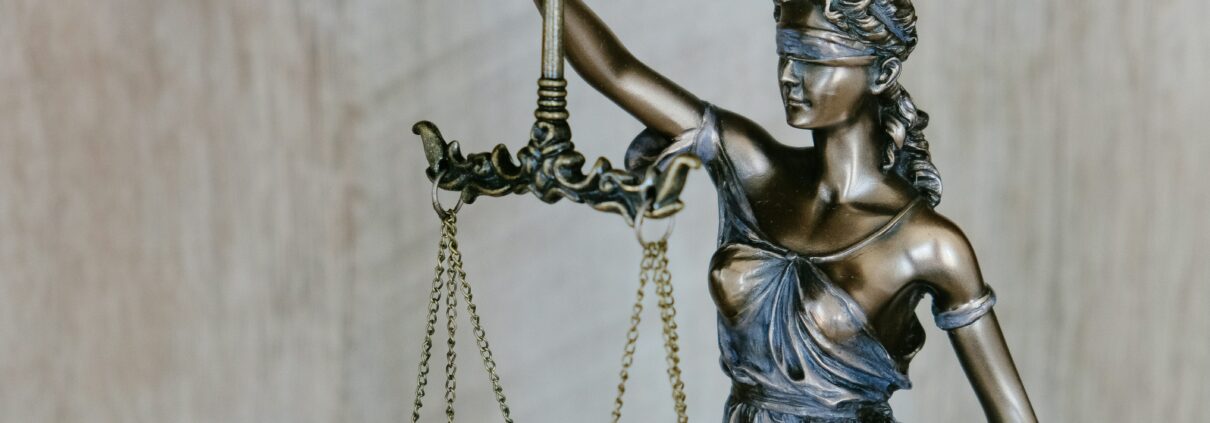How to Defend Against Criminal Mischief Charges
Defendants with criminal mischief charges can correctly defend against and win a case. However, when the evidence linking you to the crime is overwhelming, it can be challenging to prove your innocence. Guidance from a lawyer can make it easier to navigate the legal process. This post will look into how criminal mischief charges can be defended against.
Challenge Evidence
Evidence should be the first thing you should worry about when you are charged with any crime. This is because evidence proves beyond reasonable doubt your innocence or guilt in a court case. This means your Criminal lawyers on the Gold Coast reviewing witness accounts, real evidence, and anything else that has to do with the case will determine the direction your case will take.
Sometimes the evidence has loopholes such as lack of timestamps or video evidence, meaning that is good for your case, it could hurt the prosecutor’s case. Therefore, you should understand what evidence there is and remember to be honest with your lawyer, as lying in a court of law could harm your case. If the evidence isn’t strong enough, or different witnesses give different narrations, the judge dismisses the case against you.
Demonstrate a Lack of Intent
In criminal cases, establishing guilt typically hinges on demonstrating both intention and motive to commit a crime. Consequently, even if an offense has occurred, it is imperative to prove that there was no intent to cause harm or injury. This can be achieved by showing that the damage was accidental or occurred by chance.
Some of the crimes committed are not intentional, and if the judge does not find a pattern for your motive to commit the criminal mischief, you might have a chance at a reduced penalty. This is because perhaps the defendant was unaware that their actions would result in property damage, or they were coerced into doing so.
Establish Lawful Justification or Excuse
People might not be charged with public damage if they can provide a legal reason for what they did. These situations include defending another person or, in self-defense, causing the alleged property damage.
For instance, the force used by firefighters could cause damage, and some homeowners tend to feel water pressure was excessively used for such a small fire. In this case, the firefighters had the right to damage anything that stopped them from putting out the fire. Additionally, if the community members see the risk of a collapsing wall, they may demolish it before it collapses on others unawares.
Explore Plea Bargain Options
Pleading guilty is a hard decision to make for anyone. You can weigh the benefits and risks that come when you make such a plea. This could mean you reduce the court hearing times and probably get a shorter sentence probation, or you could get a longer jail sentence than you anticipated. You will need the guidance of legal counsel; a good defense lawyer can help someone determine whether pleading guilty could help their case more than trying to prove innocence when the evidence is incriminating.
Endnote
People charged with breaking the law can stand up for their rights and strengthen their case. Get help from an experienced defense lawyer to help you get the best possible outcome in court.



